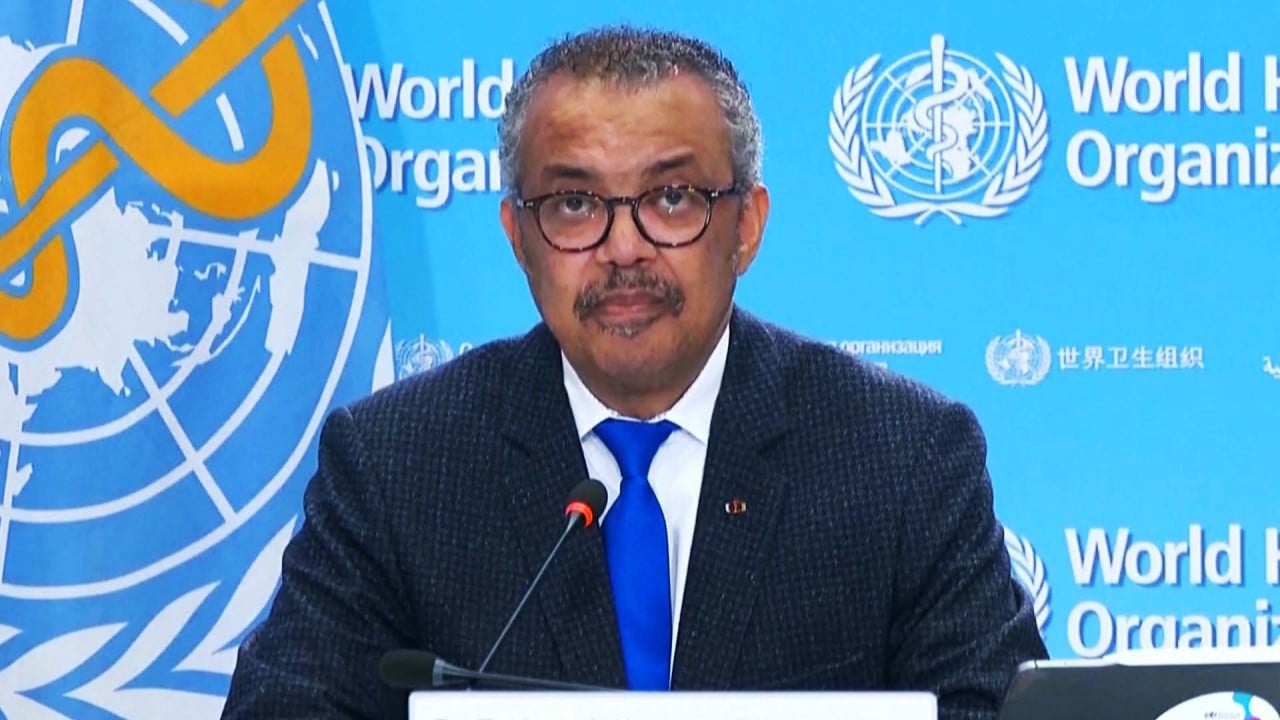Waning immunity, increased travel fuel jump in Singapore Covid-19 cases
MOH said the numbers of hospitalisations and ICU cases are not as high as during the pandemic.
“This has added workload to our hospitals, which are already busy,” said MOH, adding that it is closely tracking the trajectory of this wave to ensure that its healthcare capacity is able to cope.
Although the number of cases is rising, there is no indication that the variants circulating locally are more transmissible or cause more severe disease, added the ministry.
It also urged members of the public to seek medical treatment at emergency departments only for serious or life-threatening emergencies.
“This will preserve our hospital capacity for patients who truly need acute hospital care and allow those with severe illness to receive timely treatment.”
Long Covid casts a long shadow over Asia as patients cry out for a cure
Long Covid casts a long shadow over Asia as patients cry out for a cure
MOH said the increase in the number of cases could be due to several factors, including waning population immunity and increased travel and community interactions during the year-end travel and festive season.
Cases infected by JN. 1, a sublineage of BA. 2.86, currently account for more than 60 per cent of Covid-19 cases in Singapore.
While BA. 2.86 and its sublineages have been classified as a variant of interest by the World Health Organization since November 21, the ministry added that there were currently no indications, globally or locally, that BA. 2.86 or JN. 1 is more transmissible or cause more severe disease than other circulating variants.
In its health advisory for travellers, MOH recommended that people visit their doctor four to six weeks before a trip for a health risk assessment. This includes advice on required vaccinations.
Good personal hygiene should always be observed during the trip and travellers are encouraged to avoid close contact with those who are unwell or have symptoms of infectious diseases.
Upon return to Singapore, those who feel unwell or develop respiratory symptoms such as cough or runny nose should wear a mask and promptly seek medical attention. They should also tell their doctor of their travel history.
Vaccination remains effective in protecting against severe illness, said the Health Ministry, who advised everyone to keep up to date with their Covid-19 jabs.
This includes an additional dose around one year after a person’s last vaccine dose for those aged 60 years and above, medically vulnerable persons, and residents of aged care facilities.
Beyond this group, MOH encouraged all individuals aged six months and above to receive the additional dose, particularly for healthcare workers and household members or carers of those who are medically vulnerable.
The updated Covid-19 monovalent Pfizer-BioNTech/Comirnaty and Moderna/ Spikevax vaccines have been available at MOH’s joint testing and vaccination centres, taking part Public Health Preparedness Clinics (PHPC) and selected polyclinics since November 2023, and continue to be free.
Further information on the location of these sites and the type of vaccines they offer is available online.
‘Pandemic 2.0’ could hit Asia-Pacific economies hard: MSD report
‘Pandemic 2.0’ could hit Asia-Pacific economies hard: MSD report
In addition to staying up to date with their shots, the Health Ministry also recommended that the public exercise precaution, alongside personal and social responsibility.
Such steps include staying at home when feeling unwell and minimising contact with others, especially those who are more vulnerable.
“At a crowded place, particularly if not well-ventilated, consider wearing a mask,” added MOH.



